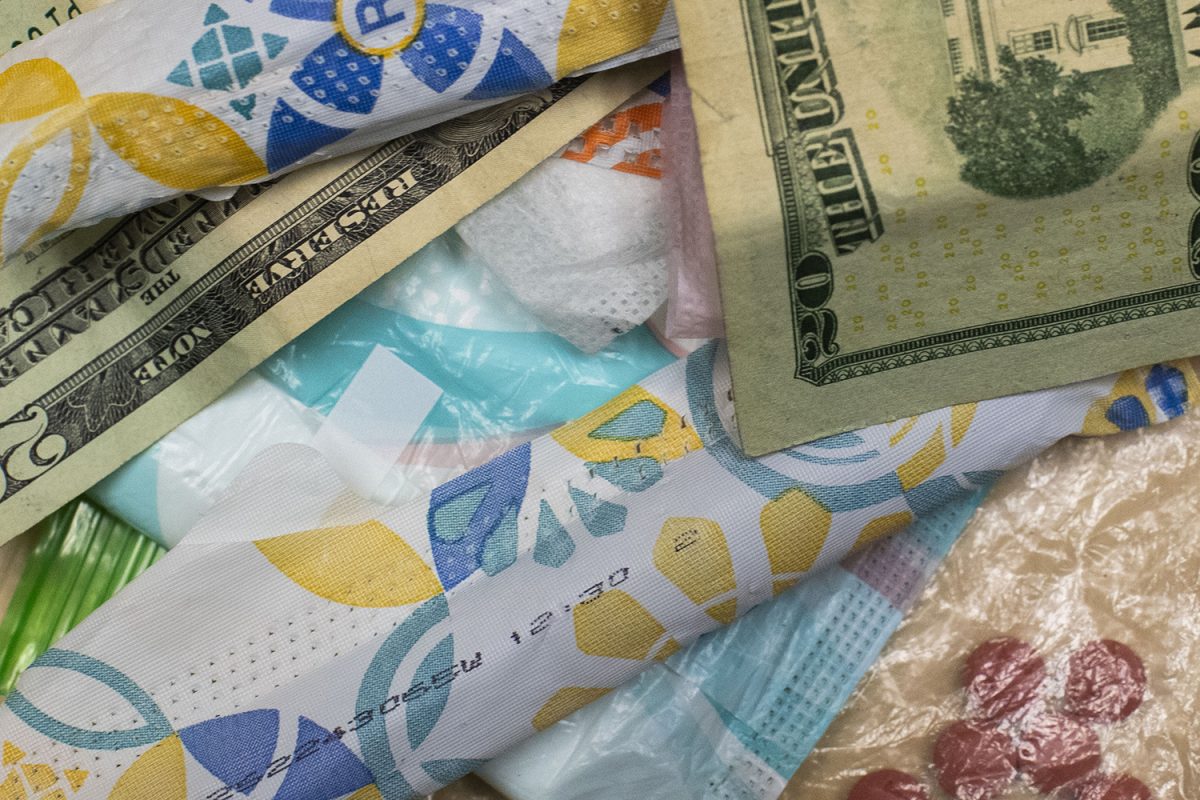A menstrual cycle is not a luxury whatsoever.
According to The National Organization of Women, “the average woman spends about $20 on feminine hygiene products per cycle, adding up to about $18,000 over her lifetime.”
Feminine hygiene products, such as pads, tampons, and over-the-counter menstrual cycle medication, are heavily taxed in the U.S. In 26 states, period products are taxed as a luxury product rather than a medical necessity according to U.S. News & World Report.
Period products and other female-marketed products should be tax-free. People with uteruses should not be charged extra for experiencing a natural part of life.
If you have ever talked with someone about their period, they won’t shy away from telling you that most of the time they are in hormonal hell. So why are period and other female-marketed hygiene products taxed, especially when it is something they cannot control?
Period products and other feminine hygiene products are just as much of a necessity as anything else.
The American Medical Women’s Association defines period poverty as “the inadequate access to menstrual hygiene tools and education, including but not limited to sanitary products, washing facilities, and waste management.”
Period poverty is also related to the pink tax, which refers to the discriminatory pricing linked to products labeled in purple, pink, or feminine colors that indicate they are marketed for women. These products are not limited to just period products, but also items like razors, soap, lotion, and more.
“Kara Stevens, founder of the The Frugal Feminista and author of ‘Heal Your Relationship with Money,’ says that the pink tax harms women more than people think,” according to U.S. News. & World Report.
While these products are taxed heavily, similar products marketed to men are not. For example, the Women’s Association states that products, such as “men’s grooming and erectile dysfunction medication” are not taxed at all.
It should not be more expensive just to have a uterus. Female-marketed personal care products cost about 13 percent more than products targeted toward men, according to a study from The Balance.
If erectile dysfunction meds are seen as a medical necessity, then a period should be seen that way as well.
In January 2023, Iowa had the pink tax on feminine hygiene products exempted. Although this is a federal issue, Iowa and other states that have started to erase the pink tax are leading as examples and stepping stones to combating this issue.
The federal government needs to understand that this is a problem and federally ban taxes on period products so that no one fears the cost of necessary products.
Columns reflect the opinions of the authors and are not necessarily those of the Editorial Board, The Daily Iowan, or other organizations in which the author may be involved.











